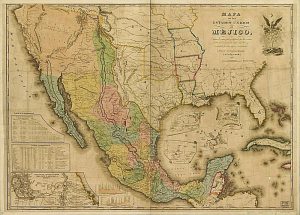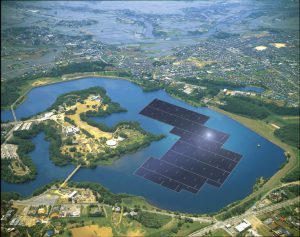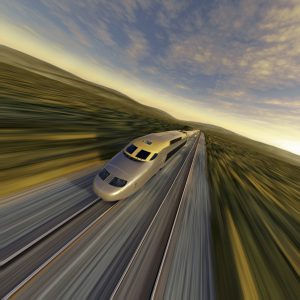 I think if I was setting a new story in Florida, inventing a needlessly fictional version of Florida Man, he would work in a [solar-powered] cabinet pull plant in Even, Florida:
I think if I was setting a new story in Florida, inventing a needlessly fictional version of Florida Man, he would work in a [solar-powered] cabinet pull plant in Even, Florida:
So did the legislators underestimate the popularity of Amendment 4? Did they think they’d assuage public opinion by putting it on the ballot, getting points, and then it wouldn’t pass? Or have the green energy entrepreneurs begun out-lobbying the utilities and Big Oil? Whatever it is, something big has changed. That Amendment 4 was put before the public at all, and that the public trounced the lobbyists, announces a sea change in which sordid deals in back rooms by the Carbon Moguls with fresh-facced and clueless state senators are no longer determinative. The people are getting a say, and they want to make it easier and cheaper to go solar.
The next big item on which voters will get a say is Amendment 1, this fall. It seeks to punish those who opt for solar power on the specious argument that non-solar customers shouldn’t have to bear the burden of upgrading the electricity grid or other infrastructural changes that will come with the extra solar energy.
Who knows? Maybe it’s a bit different with that rising tide gently lapping at your chamber door.
Image: I can’t believe that image actually exists.









